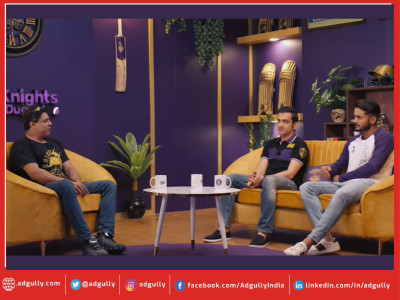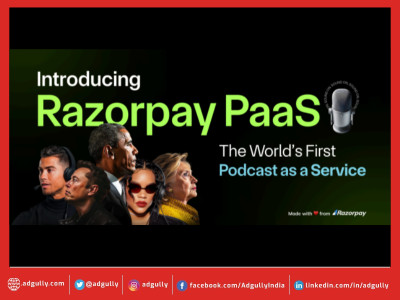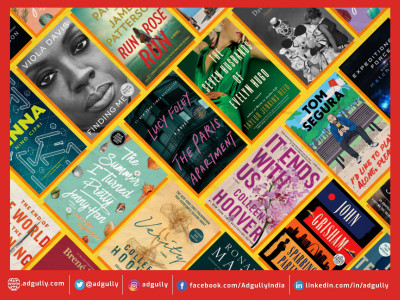Karthik Srinivasan talks to Radha Radhakrishna on Baba Ka Dhaba
In this podcast with Mrigashira, Karthik Srinivasan, communication strategy consultant, social media expert and award-winning blogger talks to Radha Radhakrishna on Baba Ka Dhaba. Why netizens came out to support the owners of this Dhaba, an elderly couple after they saw a video of how they lost customers due to the pandemic and are not able to earn a living.
This an edited version of the podcast. Listen to the full podcast here.
Also read: Gutenberg names Radha Radhakrishnan as Country Head for India
Q: Do you think Baba ka Dhaba. Is a sporadic instance of the positive reinforcement of social media?
A: I wouldn't say this is anything new at all because positive and negative are just two sides of the same coin. What happened here is similar to all the negative things that have happened in the past. This incident transcended from being on an online platform to offline action. People acted. They left their homes, took their device with them, ventured out on the road to do something about it, instead of just sitting at home and saying, I like, I play, or comment which is very easy to do. It is the same thing with negativity also. You see violence on the ground when fake news spreads. Be it positive or negative the thread is the same. It starts online people read, share, and it becomes viral. And then it transforms into action offline.
Q: Its interesting… the online and offline coming together. Today for every positive such action, we do see multitudes of negative ones. How does one strike a balance?
A: That depends on the emotion that the news feeds. For instance, there are some extreme emotions, like anger... What are you angry about? It could be, for instance, I am passionate about Bollywood industry, and I am angry about the kind of insinuations being thrown at the industry. But I have no specific action to take offline.
In this case, the positivity was channelled like a funnel towards one call to action. Go to Baba Ka Dhaba and buy food. It is a tangible action. Most of the negative things also have a specific call to action. There is a perpetrator, and we need to attack them offline. The second layer is what kind of emotion does it evoke? Is it primal, and visceral? If it is, then you are more likely to go out and act on it. This is also the reason why voting as an activity does not translate into concrete action. Despite so many people talking about it online, it fails to evoke a visceral reaction in people. You go to a Baba Ka Dhaba and eat. You see the owner's happy face. You feel the warmth inside you. It is similar with negativity. Whether it's good or bad, it is up to the individual. But what you derive is a tangible takeaway. Q: Does it mean we've become a society of instant gratification?
Of course, and it's actually coming from social media. For instance, if I have some view about a movie, and I stand in the middle of the road and say, I like this movie for so and so reason I will get zero reaction, because I am with strangers. They have no clue who I am. I'm just an idiot madman who's standing in the middle of the road and saying I like this movie. But if I say the same thing online, the same strangers will give me reaction. Either they agree or they don’t. I am so happy with the reaction online and I engage with all those complete strangers. Then you start getting visceral reactions immediately.
Q: Do you think social media needs to be regulated? What's your view on regulation?
Regulation is probably needed. And I say this in a very cautious tone because there is no meaningful way to regulate anything. You argue for regulation of one thing, and people will argue for regulation of other things. There is no end to it.
However, some things are obviously bad. For instance, inciting or instigating specific people or specific culture or on specific tasks. Historically, bigotry leads to problems. It leads to far worse things and problems. It needs to be nipped in the bud before it can go viral and pollute more minds. My thumb rule is, would I say something online, that I would not tell my children or my mother or my wife? I won't say that online, either. People need to exercise this caution. I don't know how what kind of regulation would help in negativity not spreading like wildfire, but positivity is. Spreading of negativity has phenomenal repercussions in society.
(Mrigashira is a podcast for Indian PR and Communication professionals anchored by Radha Radhakrishnan. To listen to all episodes visit https://www.digitales.co.in/industry-insights/mrigashira-podcast/ )



















Share
Facebook
YouTube
Tweet
Twitter
LinkedIn